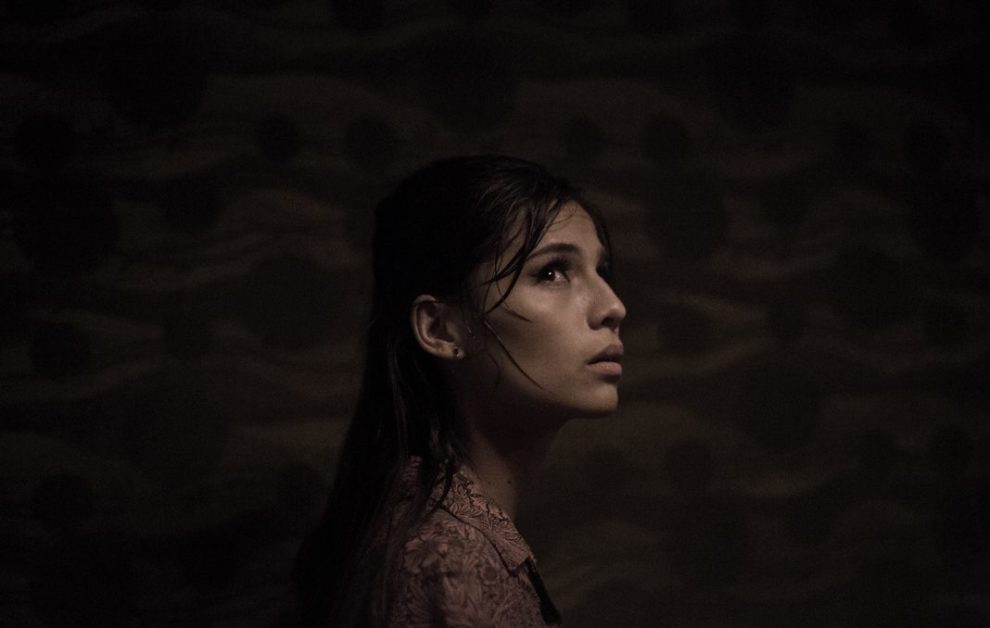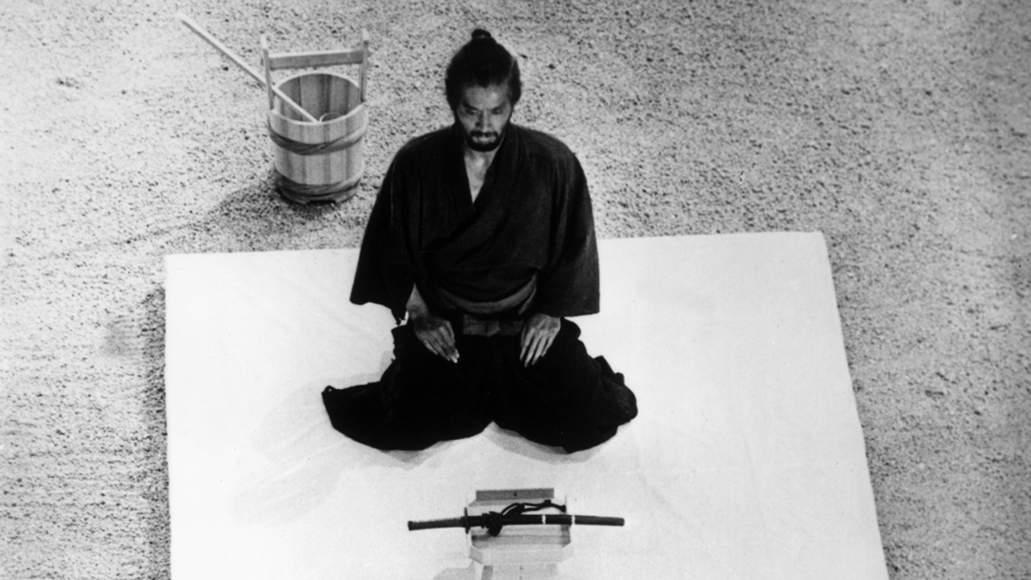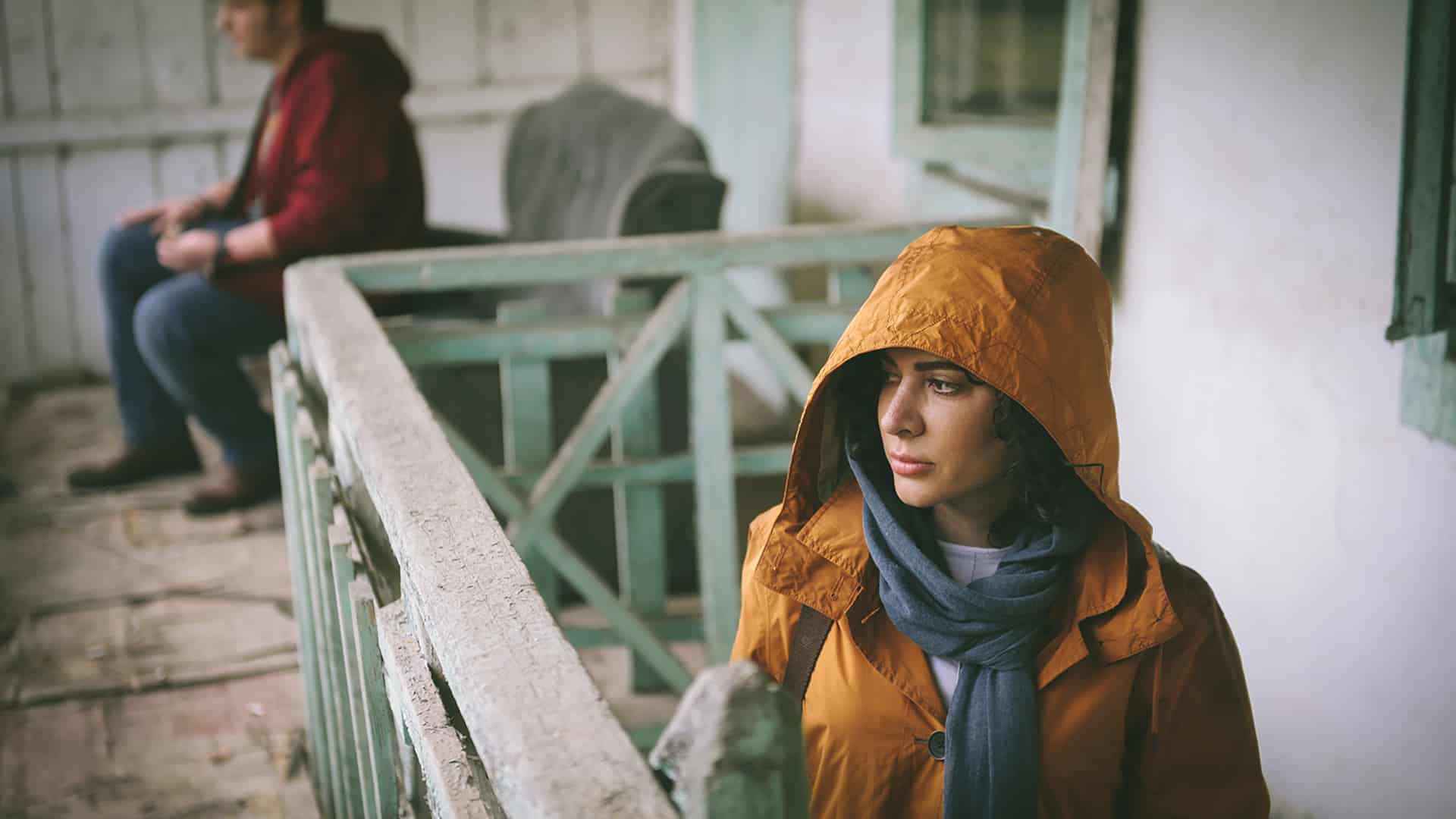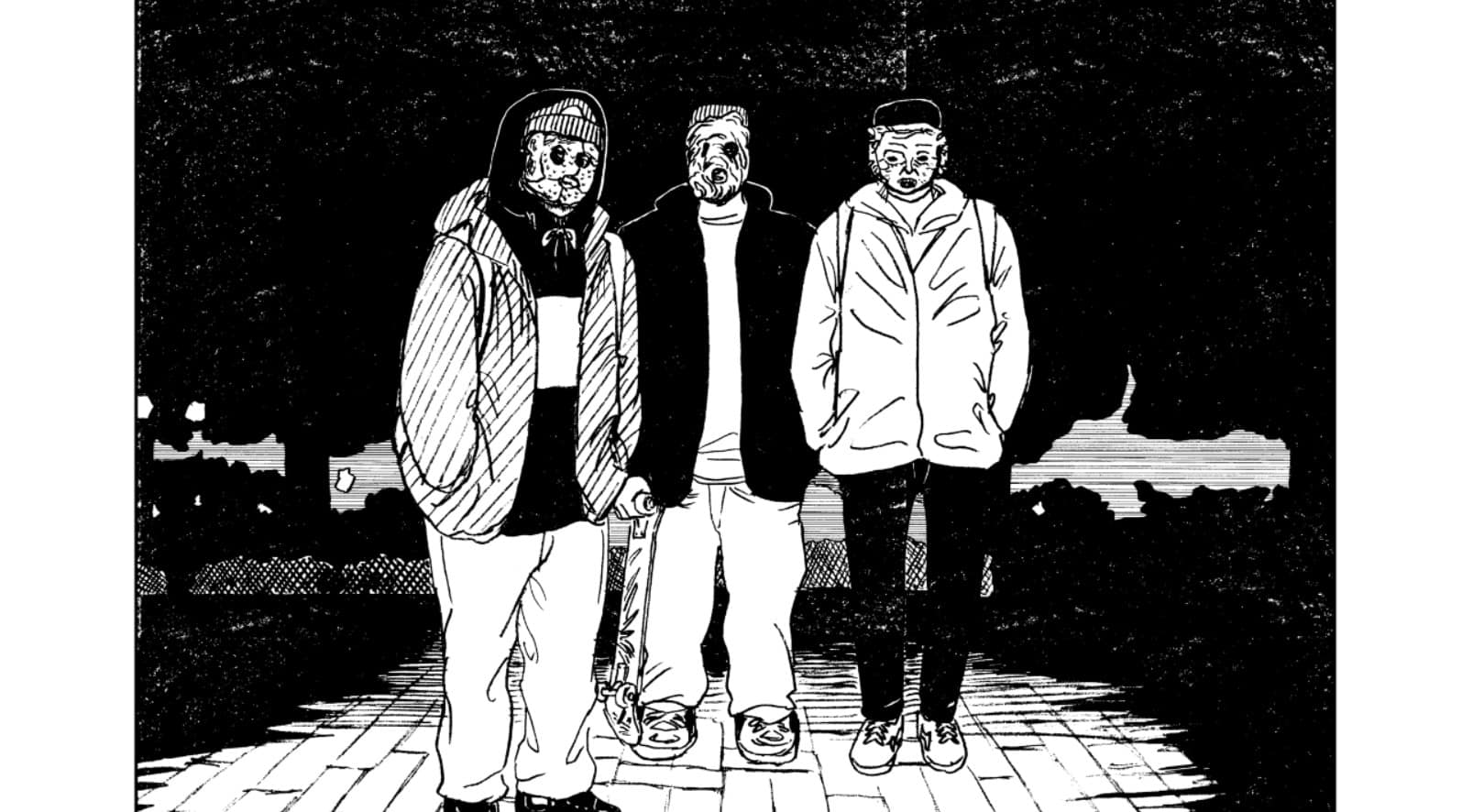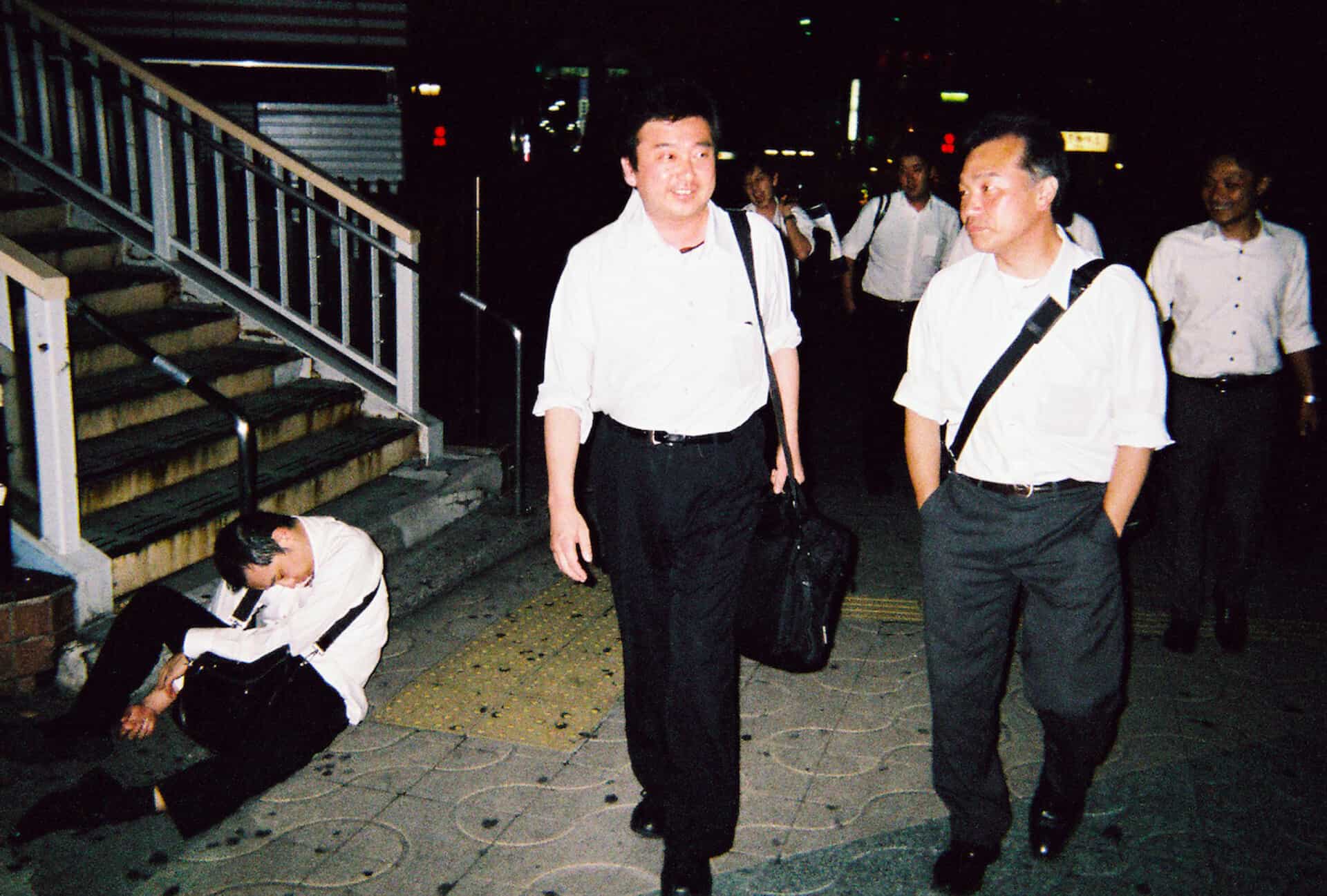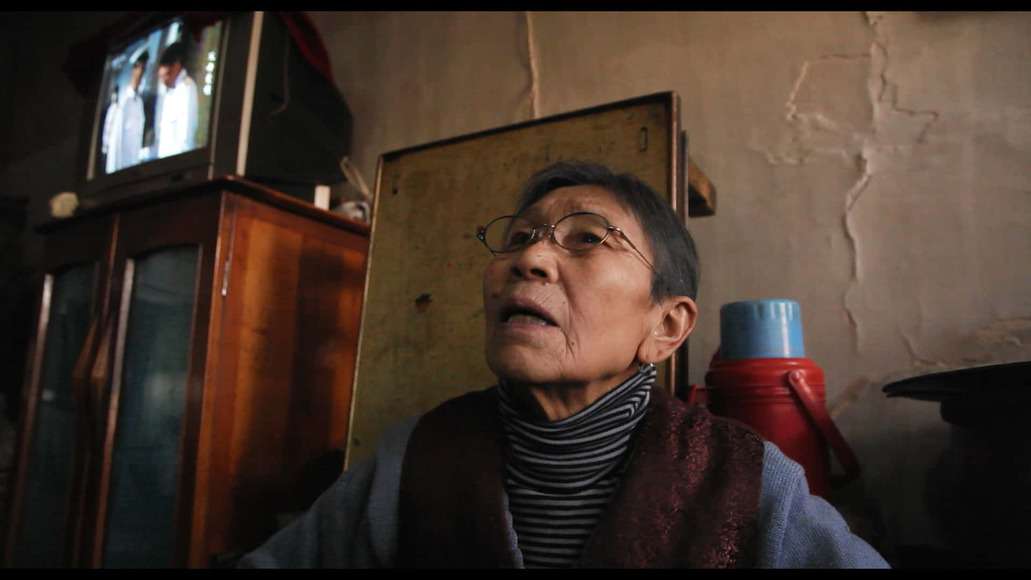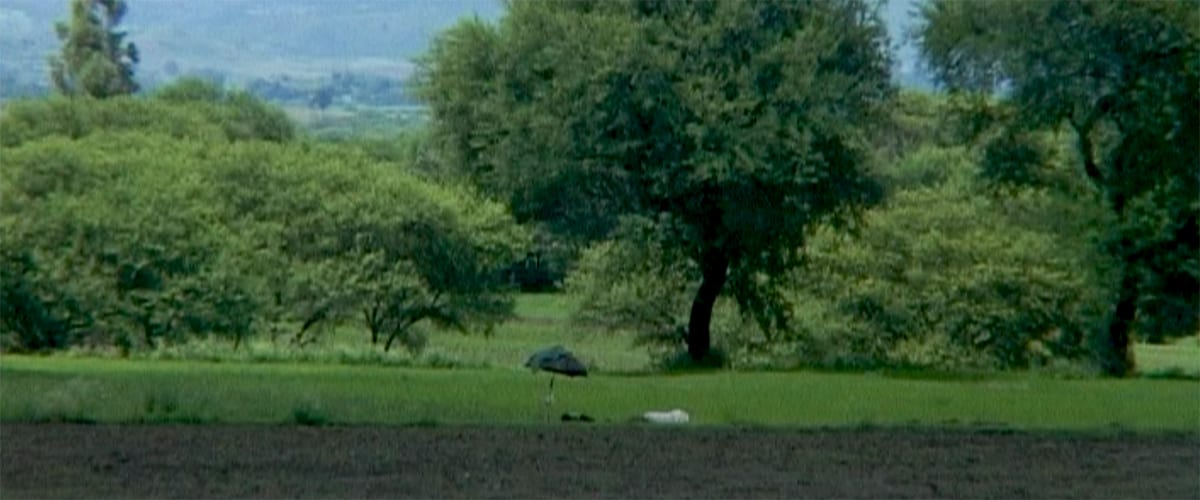Following the success of his debut feature “Violator” in 2014, Philippine filmmaker Dodo Dayao spent several years working out the details of his hotly-anticipated follow-up. By the time he managed to secure a deal, he found himself reworking the short film “The Way the Light Falls” into a feature-length version, enhanced with a veneer of political commentary on horrors faced in local society, which has made Dayao one of the brightest names in the Philippine indie scene at the moment.
“Midnight in a Perfect World” is screening at Neuchatel International Fantastic Film Festival
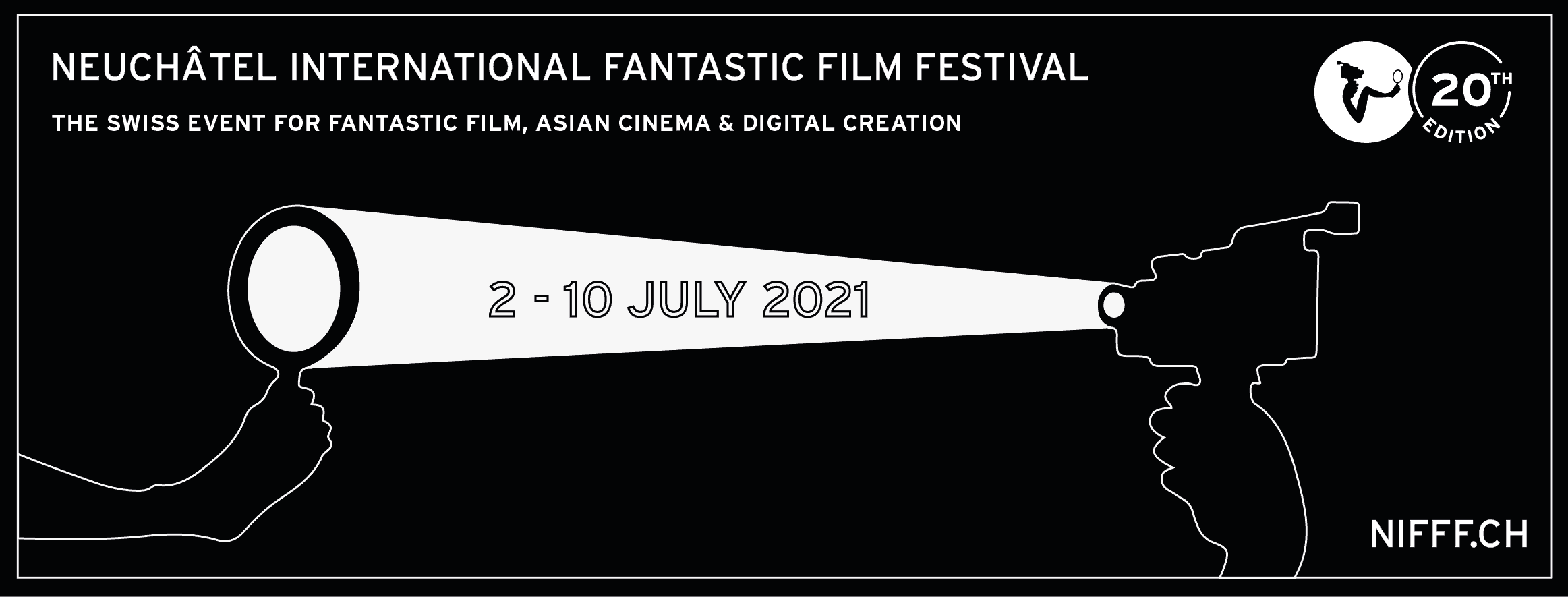
In the near future, Manila is an almost utopian city but they still believe in ghost stories. One involves people disappearing after being caught out in mysterious electrical blackouts that happen at random parts of the city after midnight. For those unfortunate enough to find themselves out of their homes, their only refuge is special safe houses installed by the authorities. These safe houses are usually two stories high with the ground floor for those who come in just in the nick of time. No one knows who or what is inside the locked-up second floor. Four friends, Mimi (Jasmine Curtis-Smith), Glenn, (Anthony Falcon) Jinka (Glaiza de Castro), and Tonichi (Dino Pastrano) who think it's all a hoax, find themselves getting caught out in one of these blackouts. As the city lights start going out one by one, they manage to take refuge inside what looks like a designated safe house. Then a phone rings and they realize one of them is still out there with something still chasing him. Before the night ends, they will each make a decision that will cast light on just how safe their “safe house” is and what lurks in the mysterious darkness outside.
Generally, there's quite a lot to like about “Midnight”. Among the best features Dayao employs is an engrossing setup that offers a fantastic premise for the supernatural horror to emerge. The world of rampant drug use and sketchy attitudes towards the imposed lockdowns relating to the strange blackouts that cause citizens to vanish unexpectedly is immersive enough to be quite chilling and terrifying throughout. As this universe presents an idea of the city as a run-down sinkhole despite the technological progress mentioned around the country, the introduction of this strange event that causes anyone who gets caught up in it to be affected regardless of their social stature is a rather novel idea. The aftermath of this all, involving the complete erasure from society and social media like they never existed, speaks rather pointedly about the real-life terror of being wiped from existence by totalitarian governments or other such nefarious figures. It ends up enhancing the film even further.
On top of that, the horror scenes are quite fun. Given the way Dayao enhances the darkness of the blackouts to the point of absolute black save for the light on camera-phones, the sense of isolation and genuine discomfort is easily achieved. That most of them are accompanied by a strange, eerie electronic buzzing noise coming from an undetermined source within the blackness is a fantastic ploy to ramp up the tension and unease throughout the sequence, when married together alongside the backstory about the fates of victims who are caught outside. The panic and confusion felt when Mimi and the group have to race through the streets to reach a safe-house and find out that one of them is still outside is carried over into the scenes of everyone trying to come to terms with where they are and what to do next. The extended scenes later on when they venture out into the dark to rescue their fallen friend provide some tense sequences which provide a great build to the finale where the true nature of the disappearances is revealed. There's a rather creative idea where some unconventional camera-work that offers a different take on how to do a creature confrontation, which makes for the positives on display.
That said, “Midnight” does have some slight issues. The main factor dragging it down is a slow-burn pace in the first half to build up the premise. This tempo is done at the expense of introducing the horror elements during this section. The whole idea of dropping people into this world of rampant drugs, strange stories about people disappearing during blackouts, and growing resent with the status is all inferred from the characters and situation. Granted, that makes for a genuinely authentic, lived-in universe, but not spending time on how it all came to be creates a somewhat off-putting feel once the initial lockdown occurs and they're forced to race to a safe-house. To focus on drama involving relationships with a drug dealer, work issues or daily life struggles rather than offering up explanations for what's going on would've been a much more suitable use of time. The only other issue here is the lack of context surrounding the finale. The attempt to go in a more unconventional route could be highly disappointing for some. Viewers who want a definitive answer regarding the fates of the characters might not like the way this makes far more ambiguous resolutions. This could be a potential preference factor on the viewer yet can hold this one down somewhat.
A lot of fun with a great premise and some exciting moments playing up that premise, “Midnight” has more than enough to like that hold it up over some minor flaws that do crop up in here. Viewers who appreciate this kind of high-concept indie-style film or Dayao's previous work will have a lot to enjoy.


